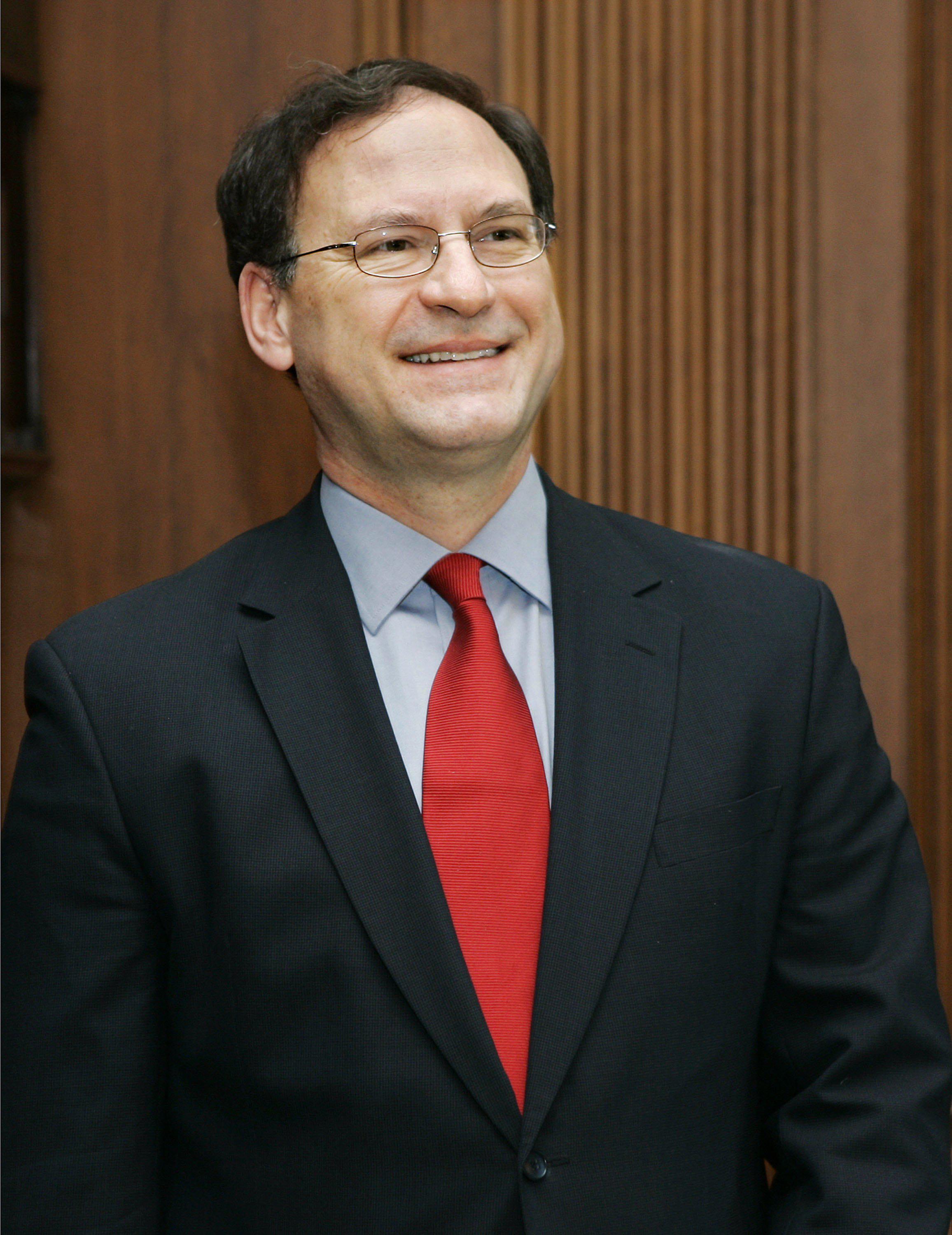Emily, thank you for having me back again. It has now been more than a decade since I hit the “send” button on my first piece in this Slate Supreme Court dialogue. I guess I have written more than 100 posts in that time and I shudder to think how many ill-considered snap judgments of mine still lurk in cyberspace. I’m nonetheless looking forward to being in a discussion this coming week with you and the esteemed Posners père and fils.
Eric opens with the interesting observation that the justices appointed by Republican presidents are showing up, in recent statistics, as exhibiting more disagreement with one another than the justices appointed by Democratic presidents. Particularly interesting is Eric’s suggestion that a partial explanation for this may lie in the conflicting strands of conservatism currently in play, with libertarians often in disagreement with more authoritarian conservatives, and even those who distrust government differing about whether the judiciary is more or less dangerous than the other branches.
One driver of this disagreement may be that Justice Samuel Alito has turned out to be one of the most conservative justices to be appointed to the court in a very, very long time. This is evident this very week. First came the 7-2 decision in Arizona v. Inter Tribal Council, in which only Justices Alito and Clarence Thomas voted to uphold Arizona’s attempt to add additional requirements of documented citizenship to the uniform federal voter registration form mandated by Congress. Justice Antonin Scalia wrote the majority opinion sustaining the authority of the federal form, based upon Congress’ power to alter the “Times, Places and Manner” of holding federal elections. (In case you don’t think oral argument ever matters, look at then Deputy Solicitor General Sri Srinivasan’s calm and skillful responses to every question raised about the government’s position by Justice Scalia at oral argument in the case.)
And also on Thursday, Alito was the lone Justice to dissent from a ruling that limited the range of state felonies that would serve as the kind of prior offenses that can prompt longer prison terms. All of the other participating justices read the unclear language in the relevant statute in a way that mitigated its harshness. Alito’s justification for his dissent was that his interpretation was the more “practical” reading of the statute.
It might be suggested that Justice Alito voted in a more “liberal” way in another of Thursday’s decisions, Agency for International Development v. Alliance for Open Society International, when he joined the majority in holding that Congress violated the First Amendment in denying federal funds to any international aid organization that failed to adopt “a policy explicitly opposing prostitution and sex trafficking.” That decision, over a strong dissent from Justice Scalia, is, to be sure, welcome news to organizations like Planned Parenthood that fear the government’s growing use of ideological restrictions on federal funds. But here Alito’s vote might be explained in part by his view that the underdogs most likely to be oppressed by these restrictions are religious fundamentalists and other conservatives. See, for example, his concurring opinion a few years ago in Doe v. Reed, in which he suggested that opponents of gay marriage who sign petitions for ballot initiatives should be able to remain anonymous, because of “the widespread harassment and intimidation” suffered by supporters of California’s gay marriage ban. Alito’s distrust of government comes usually not from the left but from the right.
And he is powerfully smart. It is often said that when Justice Kennedy retires, the future of the court will be at stake with the nomination and confirmation of his successor. But that future is already the past. The profound shift in this court occurred when Samuel Alito replaced Sandra Day O’Connor in 2006. That change was the most profound shift in the Supreme Court at least since 1937, when New Dealer Hugo L. Black replaced old guard conservative Willis Van Devanter in 1937. With Justice O’Connor’s opinion allowing affirmative action to continue in the 2003 Michigan Law School case up for reconsideration next week, and with the constitutionality of the Voting Rights Act at stake, we may see just how profound the shift from her to Alito will be. And it appears that Justice Alito is the author of at least two of the court’s remaining 11 decisions (based on the tally of how many opinions each justice has written so far).
I should add that I believe that the “better argument on the law” has a greater influence on the outcome of cases than many comments about the court (including parts of what I wrote above) would suggest. Emily, you refer to the yearlong speculation about why Chief Justice Roberts would have voted to uphold Obamacare. Well, one reason is that he may simply have thought it would be crazy to conclude that an amendment to the Internal Revenue Code that adds a 2.5 percent penalty to be paid with federal income taxes (for those who decline to purchase health insurance) is not an exercise of Congress’s power to raise revenue. Sometimes the merits really do matter.
The gay marriage cases loom large over the court’s last week. This is an amazing social moment. I will try to write more about it over the weekend. But for now I can say that no one thought, when the Defense of Marriage Act was enacted in 1996, that it was conceivable that the Supreme Court would declare it unconstitutional. And now that is the conventional wisdom. We will see.
